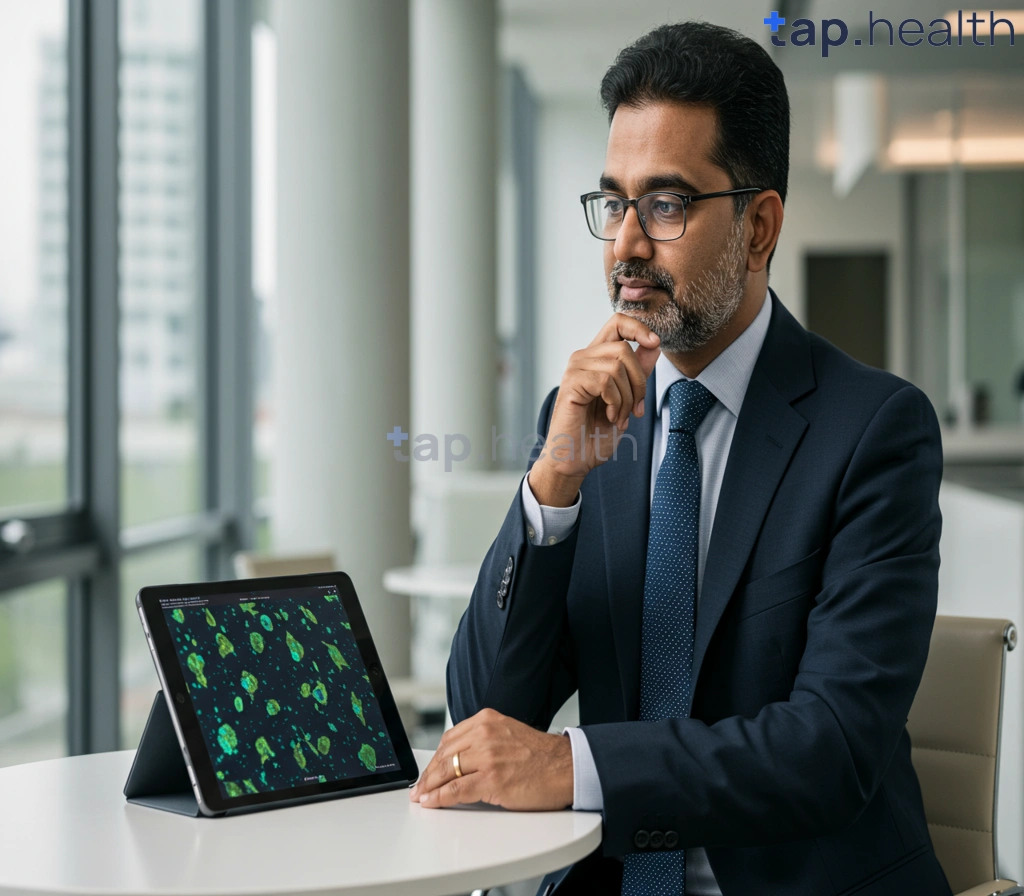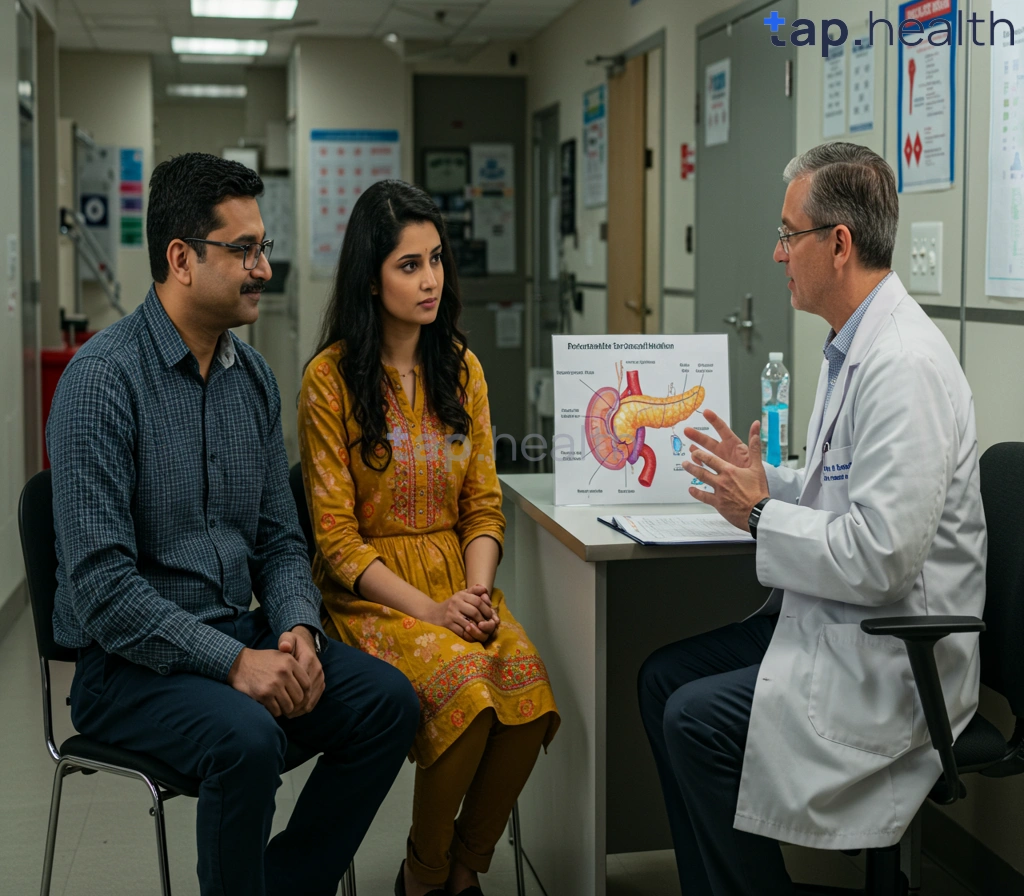Table of Contents
- Understanding and Managing Severe Hypoglycemia
- Effective Strategies for Preventing Hypoglycemic Episodes
- Improving Diabetes Management: A Guide to Avoiding Low Blood Sugar
- Severe Hypoglycemia: Recognizing Symptoms and Seeking Help
- The Role of Diet and Exercise in Preventing Severe Hypoglycemia
- Frequently Asked Questions
- References
Living with diabetes can be challenging, and for some, the fear of severe hypoglycemia looms large. Experiencing dangerously low blood sugar levels is terrifying and can significantly impact your quality of life. This blog post delves into Conquering Severe Hypoglycemia: A Study Improving Diabetes Management in Adults, exploring the latest research and practical strategies to help you better manage your condition and minimize the risk of these frightening episodes. We’ll examine effective methods for prevention, early detection, and swift treatment, empowering you to take control of your diabetes and live a healthier, more confident life. Let’s work together to understand and overcome this significant hurdle in diabetes management.
Understanding and Managing Severe Hypoglycemia
Severe hypoglycemia, or dangerously low blood sugar, is a serious complication of diabetes, particularly prevalent in individuals with poorly controlled blood glucose levels. Research indicates that over 30% of diabetic patients in India and other tropical countries exhibit HbA1c levels above 9%, significantly increasing their risk of experiencing severe hypoglycemic events. This underscores the critical need for improved diabetes management strategies focused on preventing and effectively treating these episodes.
Recognizing the Symptoms
Symptoms of severe hypoglycemia can vary, but often include shakiness, sweating, confusion, dizziness, and rapid heartbeat. In severe cases, individuals may experience seizures, loss of consciousness, or even coma. Prompt recognition and treatment are vital to prevent long-term health consequences. The heat and humidity in tropical climates can sometimes exacerbate symptoms, making early detection even more critical.
Effective Management Strategies
Managing severe hypoglycemia requires a multi-pronged approach. This includes meticulous blood glucose monitoring, especially during periods of illness or increased physical activity. Following a consistent meal plan with regular carbohydrate intake is essential. Furthermore, understanding and correctly utilizing fast-acting carbohydrates, such as glucose tablets or juice, is crucial in rapidly raising blood sugar levels during an episode. It’s also important to consult with a doctor or diabetes educator to develop a personalized management plan. Maintaining healthy Blood Sugar Levels is key to preventing severe episodes.
Seeking Regional Support
In India and other tropical countries, accessing specialized diabetes care can be challenging. Therefore, actively engaging with local diabetes support groups and utilizing telemedicine options can provide invaluable assistance in managing your condition. Remember, proactive management and consistent monitoring are key to minimizing the risk of severe hypoglycemia and improving your overall quality of life. As you age, managing diabetes presents unique challenges; for more information, see our blog on Managing Diabetes as You Age: Challenges and Solutions.
Effective Strategies for Preventing Hypoglycemic Episodes
Severe hypoglycemia, characterized by dangerously low blood sugar, is a serious complication of diabetes, particularly prevalent in adults. Managing this condition effectively is crucial for improving overall health and quality of life, especially in regions like India and other tropical countries where diabetes is increasingly common. Preventing hypoglycemic episodes is paramount, and luckily, many effective strategies exist.
Monitoring Blood Sugar Levels Regularly
Consistent blood glucose monitoring is the cornerstone of preventing hypoglycemia. Regular checks, especially before and after meals and before bedtime, enable timely intervention if blood sugar drops too low. This is especially important for individuals with type 2 diabetes, where up to 80% of cases could be delayed or prevented through lifestyle modifications, as highlighted by research from the Press Information Bureau of India (lifestyle changes in diabetes management). In tropical climates, where dietary habits and physical activity levels can fluctuate, meticulous monitoring is essential.
Dietary Adjustments for Consistent Blood Sugar
Maintaining a balanced diet is vital. Focus on consuming complex carbohydrates, lean proteins, and healthy fats to avoid sharp spikes and drops in blood sugar. Small, frequent meals and snacks can help prevent significant fluctuations. In Indian and tropical contexts, incorporating culturally appropriate foods rich in fiber, such as lentils, vegetables, and whole grains, is crucial. Avoid skipping meals, especially crucial during hot weather, as this can increase the risk of hypoglycemia. For more tips on managing blood sugar after meals, check out our blog on How to Prevent Blood Sugar Spikes After Meals.
Strategic Physical Activity & Hydration
Regular exercise is beneficial for overall diabetes management, but it requires careful planning to avoid hypoglycemia. Always check blood sugar levels before, during, and after physical activity. Maintaining adequate hydration is also essential, particularly in tropical climates, as dehydration can worsen hypoglycemic symptoms. Adjusting exercise routines based on blood sugar levels and weather conditions is key to preventing episodes.
Medication Management & Doctor Consultation
Close collaboration with a healthcare professional is critical. Regularly review your medication regimen with your doctor to ensure it’s optimized for your individual needs. Don’t hesitate to discuss any concerns about hypoglycemia and work together to develop a comprehensive management plan tailored to your lifestyle and regional factors. Seeking timely medical attention is vital if you experience symptoms of hypoglycemia. Remember that effective diabetes management is key to preventing these episodes, and you can find 10 proven tips in our blog, 10 Proven Tips for Effective Diabetes Management.
Remember, proactive management is key to preventing severe hypoglycemic episodes and living a healthier life with diabetes. Consult your doctor or diabetes educator for personalized advice suited to your specific needs and regional context.
Improving Diabetes Management: A Guide to Avoiding Low Blood Sugar
Severe hypoglycemia, or dangerously low blood sugar, is a serious complication of diabetes that disproportionately affects individuals in hot and humid climates like those prevalent in India and other tropical countries. Understanding and managing this condition is crucial for maintaining health and preventing long-term complications. Dehydration, common in these regions, can exacerbate the risk of hypoglycemia, making proactive management even more critical.
Recognizing the Warning Signs
Early detection is key. Symptoms can vary, but common signs include shakiness, sweating, dizziness, confusion, and rapid heartbeat. Ignoring these warnings can lead to serious consequences, including loss of consciousness and seizures. Regular blood glucose monitoring is essential, especially during periods of intense heat or physical activity, which are more common in tropical environments.
Effective Strategies for Prevention
Maintaining consistent blood glucose levels within the recommended range is paramount. For many adults with diabetes, this means aiming for blood sugar levels below 140/90 mmHg, although some guidelines suggest a target below 130/80 mmHg. This can be achieved through a combination of strategies: a balanced diet appropriate for the region, regular exercise, and careful medication management as prescribed by your doctor. Staying hydrated is particularly important in hot climates to prevent blood sugar fluctuations. Consuming frequent, small meals throughout the day can also help stabilize blood sugar levels and reduce the risk of severe hypoglycemia. Managing other health conditions like cholesterol is also important. For more information, you might find our guide on How to Manage Cholesterol Levels with Diabetes? helpful.
Seeking Expert Advice
In India and other tropical countries, access to quality healthcare may vary. It’s crucial to build a strong relationship with your doctor or diabetes educator and to seek immediate medical attention if you experience symptoms of severe hypoglycemia. Participate actively in your diabetes management plan and don’t hesitate to ask questions or express concerns. Regular check-ups and open communication with your healthcare provider are key to navigating the challenges of diabetes management in warmer climates. For more tips on effective diabetes management, check out our article: 10 Proven Tips to Effectively Manage Diabetes | Simple Guide.
Severe Hypoglycemia: Recognizing Symptoms and Seeking Help
Severe hypoglycemia, or dangerously low blood sugar, is a serious complication of diabetes, particularly prevalent in individuals living in India and other tropical countries. Understanding its symptoms is crucial for timely intervention and preventing severe health consequences. Recognizing the signs early can be lifesaving. Blood sugar levels less than 140 mg/dL are generally considered normal; however, hypoglycemia occurs when levels drop significantly below this, often below 70 mg/dL.
Identifying the Warning Signs
Symptoms can vary, but common indicators include sudden weakness, dizziness, sweating, shakiness, confusion, and rapid heartbeat. More severe symptoms can include blurred vision, difficulty speaking, seizures, and even loss of consciousness. Individuals with diabetes, especially those using insulin or certain oral medications, are at higher risk. In hot and humid climates typical of many Indian and tropical regions, dehydration can exacerbate hypoglycemia, making recognition even more critical. Understanding the potential for significant blood sugar spikes, as discussed in Why Blood Sugar Spikes in the Morning and How to Manage Them, can help in preventative strategies.
Seeking Immediate Help
If you suspect hypoglycemia in yourself or someone else, immediate action is vital. Quickly consume a source of fast-acting carbohydrates such as glucose tablets, fruit juice, or candy. If symptoms persist or worsen after 15 minutes, seek medical attention immediately. In India, easily accessible resources include local clinics, hospitals, and emergency services. Family members and caregivers should be thoroughly trained in recognizing and managing hypoglycemic episodes. Regular monitoring of blood glucose levels, alongside a well-structured diabetes management plan tailored to the individual’s needs and the climatic conditions of the region, is also essential in preventing severe hypoglycemia. Early detection and prompt treatment are key to preventing long-term health complications. Conversely, understanding the dangers of extremely high blood sugar, as detailed in 750 Blood Sugar Alert: Critical Risks, Warning Signs, highlights the importance of balanced blood glucose control.
The Role of Diet and Exercise in Preventing Severe Hypoglycemia
Understanding the Risks
Severe hypoglycemia, or dangerously low blood sugar, is a serious complication of diabetes, particularly prevalent in adults. Managing this condition effectively is crucial for improving overall health and longevity. For individuals in India and tropical countries, the challenge is amplified by factors such as dietary habits and lifestyle. Research highlights that smokers with diabetes face a doubled mortality risk from cardiovascular problems, underscoring the critical need for proactive diabetes management. This includes rigorously controlling blood sugar levels to prevent severe hypoglycemia.
Dietary Strategies for Stable Blood Sugar
A well-planned diet is foundational to preventing hypoglycemic episodes. In India and other tropical regions, focusing on complex carbohydrates like whole grains (brown rice, millets), legumes (lentils, chickpeas), and fruits rich in fiber is essential. These foods release glucose slowly into the bloodstream, preventing sharp spikes and subsequent drops. Limiting refined sugars, processed foods, and excessive saturated fats is crucial. Regular meal timing, avoiding prolonged fasting, and incorporating healthy snacks between meals can further stabilize blood glucose levels.
The Power of Physical Activity
Regular exercise plays a vital role in improving insulin sensitivity, a key factor in preventing hypoglycemia. Incorporating moderate-intensity activities such as brisk walking, yoga, or cycling for at least 30 minutes most days of the week is beneficial. Remember to consult your doctor before starting any new exercise regime, especially if you have existing health conditions. Choosing activities appropriate to the climate—perhaps exercising during cooler parts of the day in tropical regions—is important for comfort and safety. For more information on the importance of exercise, see our article on Why Regular Exercise is Essential for Diabetes Management.
Taking Control in India and Tropical Climates
Prioritizing diet and exercise is paramount for managing diabetes and preventing severe hypoglycemia in individuals residing in India and other tropical countries. By focusing on these lifestyle modifications, you can significantly reduce your risk of dangerous blood sugar fluctuations and improve your overall well-being. Consult a healthcare professional to create a personalized diabetes management plan that suits your specific needs and dietary preferences, paying close attention to your unique environmental context. To learn more about how diet and exercise can improve insulin sensitivity, read How to Improve Insulin Sensitivity with Diet and Exercise.
Frequently Asked Questions on Hypoglycemia
Q1. What is severe hypoglycemia and why is it dangerous?
Severe hypoglycemia is dangerously low blood sugar, a serious complication of diabetes. It can cause symptoms ranging from mild shakiness to severe seizures and coma, requiring immediate treatment.
Q2. How can I effectively manage and prevent severe hypoglycemia?
Effective management involves meticulous blood glucose monitoring, consistent meal plans with regular carbohydrates, and fast-acting carbs during episodes. Prevention focuses on regular monitoring, balanced diets with complex carbohydrates, strategic physical activity, careful medication, and staying hydrated.
Q3. What is the role of lifestyle and diet in preventing severe hypoglycemia?
Maintaining a balanced diet with complex carbohydrates to avoid sugar spikes is crucial. Regular physical activity, adjusted for weather conditions, helps regulate blood sugar. Staying hydrated, especially in hot climates, is also vital.
Q4. What medical support and resources are available for managing hypoglycemia?
Regular doctor consultations are essential for personalized management plans. Engaging with diabetes support groups and utilizing telemedicine can provide additional support and resources, particularly in areas with limited access to healthcare.
Q5. What are some common misconceptions about severe hypoglycemia that I should be aware of?
A common misconception is that severe hypoglycemia only affects people with poorly controlled diabetes. While it’s more prevalent in this group, anyone with diabetes can experience it. Another is that only drastic symptoms indicate low blood sugar; even mild symptoms warrant immediate attention.
References
- A Practical Guide to Integrated Type 2 Diabetes Care: https://www.hse.ie/eng/services/list/2/primarycare/east-coast-diabetes-service/management-of-type-2-diabetes/diabetes-and-pregnancy/icgp-guide-to-integrated-type-2.pdf
- Diabetes Mellitus: Understanding the Disease, Its Diagnosis, and Management Strategies in Present Scenario: https://www.ajol.info/index.php/ajbr/article/view/283152/266731
Meta Data
Meta Title: Severe Hypoglycemia Management | Improving Diabetes Control
Meta Description: Mastering severe hypoglycemia is crucial for effective diabetes management. Learn evidence-based strategies to prevent and treat severe low blood sugar, improving your overall health and well-being. Click to improve your diabetes management!
alt_text: Graph showing severe hypoglycemia management techniques
url_slug: severe-hypoglycemia-diabetes





